
[Mix for NTS Radio] Getting Warmer Episode 16



Guest mix by DBGO (Soundcloud / YouTube / Playmoss)
Editor’s note: I’m thrilled to share this gorgeous mix from Barcelona-based DBGO, whose YouTube channel is a treasure trove of rarities, and who makes an equally transportive series of mixes, many of which focus on a time-and-location specific musical subgenres and can send you down months-long rabbit holes.
This is a selection of French folk avant-garde with a little spice from 1980 to 1991.
Tracklist:
1. Bernard Xolotl – Venusian Aurora, 1981
2. Noco Music – Eclipse, 1989
3. Compagnie chez Bousca – Song For Nyama: Pluie, Départ Arreté – Song For Nyama, 1991
4. La Fondation – Dérive, 1983
5. Costin Miereanu – Piano – Miroir, 1984
6. Philippe Cauvin – Chanson Facile D’Amour, 1984
7. Brigitte Jardin & Claude Marbehant – Poids-Plume, 1980
8. Ginni Gallan – L’Amour Ça Rend Fou, 1982
9. Steve Waring – Cailloux Bambou, 1989
10. Cyrille Verdeaux & Bernard Xolotl – Star Gulls, 1981
11. Didier Bonin – Ecumes, 1982
12. Philippe Cauvin – Lolita, 1981
13. Jean-Pierre Boistel / Tony Kenneybrew – Vas Y Peter, 1989
14. Jacques Roman – Melodie Boreale, 1986
15. Daniel Goyone – Danse Des Lamantins, 1986
16. Henry Torgue / Serge Houppin – New Barocco, 1990
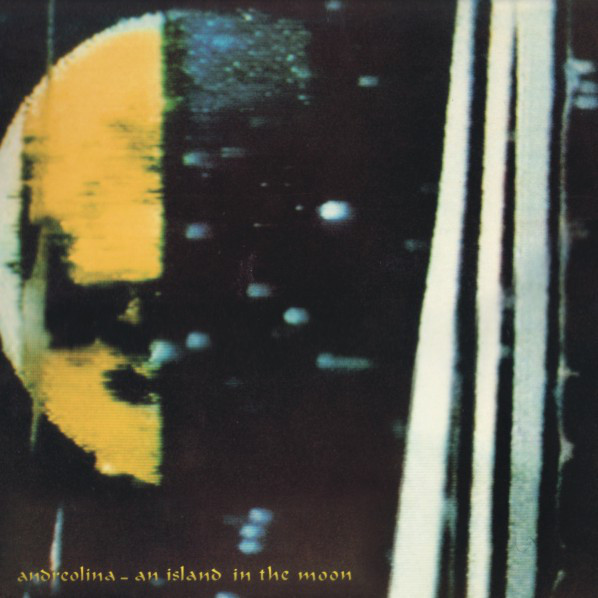
Sublime collaboration between Silvio Linardi (who’s collaborated with David Sylvian, Hector Zazou, Roger Eno, and others) and Pier Luigi Andreoni (whom you may know from The Doubling Riders). Ricardo Sinigaglia makes a few appearances too, first on piano and then on an Akai S 900. This was their only release as Andreolina.
Sprawling, weightless instrumentals that never stay soporific for too long. You can hear Andreoni’s classical training in much of this, and not just because of how much oboe there is, but structurally too. The name of the album comes from an unfinished piece of William Blake prose, and some of the song titles are Blake references as well–so while it might be power of suggestion, there seem to be tinges of romanticism dotted throughout, whereas other moments veer off into jazz. Lots to love here for Elicoide fans.
As an aside, this was released on ADN, the same label responsible for Tasaday’s L’Eterna Risata and the aforementioned Sinigaglia record. Depending on who you ask, ADN can stand for A Dull Note, L’amore del Nipote, or Agnostic Dumplings Nursery.

Here’s my newest episode of Getting Warmer for NTS Radio. Funk, synth pop, and lots of vocal harmonies. If you like it, you can download an mp3 version here. Enjoy!
Tracklist:
1. Deniece Williams – Free
2. Shinichi Tanabe – Hell’s Gate Island Theme
3. Marju Kuut & Uku Kuut – I Don’t Have To Cry Anymore
4. Koo Dé Tah – Over To You
5. Dee C. Lee – Hey What’d Ya Say?
6. Jennifer Vyban – Miracles
7. Mami Koyama – Love Song
8. Love, Peace & Trance – Hasu Kriya (Single Version)
9. Brenda Ray – Another Dream
10. Velly Joonas – Käes On Aeg
11. Astrud Gilberto – Dindi
12. Syoko – Sunset
13. Minako Yoshida – Gogo No Koibito
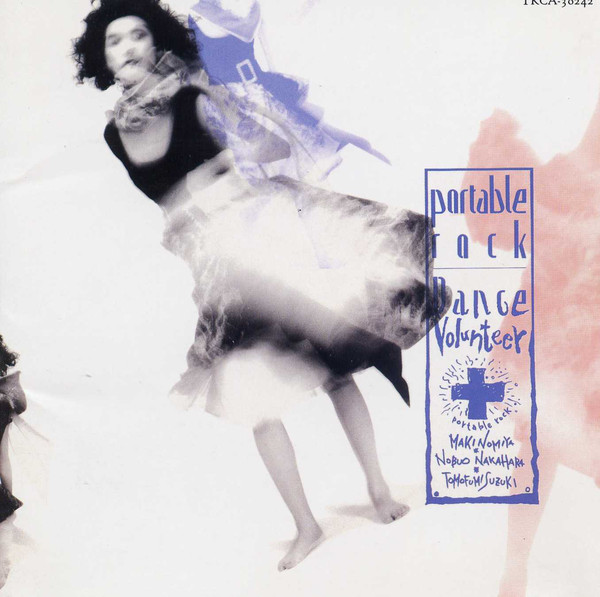
Today we bring you Dance Volunteer, the second and final full-length from Japanese new-wavers Portable Rock. It’s from 1987, but this isn’t the sleek “city pop” sound which contemporary acts like Kero Kero Bonito or Especia aspire to recreate today. Nor is it the coquettish shibuya-kei style which members of Portable Rock went on to pioneer after reuniting to form the much beloved Pizzicato Five. No, this is the big, bold 80s synth pop that time forgot. It seems a lack of commercial success led to the breakup of Portable Rock, and I’m surprised. The songs on Dance Volunteer are full of big, memorable hooks and the kind of spacious synth production that has aged particularly well for modern audiences. Maybe the slick production is the culprit for the abandoning of the project, as it was presumably expensive, and money means more pressure to chart. Yet Dance Volunteer has oddities all over it. Audio quirks stand out everywhere, like little square pegs in the round synth holes that are trying to steer the album into more marketable territory.
Listen to the way “憂ウツの (Hold Me)” breaks periodically to turn into the future, channeling the intro of a 90s house track for trance-like seconds of airtime. Hear how the title track (“ダンス・ボランティア”) is carried by a kind of strange wolf whistle, with an almighty injection of guitar in its chorus that sounds as heady as your first kiss. It’s heart racing stuff. I’m also in love with the vocal lick that “スムース・トーク” (“Sumusu Toku,” a Japanese phoneticization of “smooth talk”) coasts on for its entirety, sounding like a Disney soundtrack to a sunny convertible ride. And the lunar grooves of the ninth track, “キュートな事情” (“Kyuto No Jijou”) make a strong case for it being the first trip-hop track ever made. Listen to this, then cast an ear on any Massive Attack collaboration with Horace Andy, and you’ll see what I mean.

Vangelis Katsoulis was born in Athens in 1949 and since then has been prolific, dabbling in minimalism, jazz, choral, and symphonic work. As his second full-length, The Slipping Beauty is a startlingly polished collection of 16 short pieces, many of which feel more like impressions than songs. I would guess that Katsoulis was influenced by the pulsing, layered structures of gamelan (“Overcast”), as well as by traditional Japanese drumming (“The Sound Of The Stone”). Despite some of these more historical reference points, this music is highly futuristic, with tracks like “The Slipping Beauty” feeling like a synthetic cyborgian homage to Steve Reich. From the liner notes: “The title of this record is a paraphrase of Tchaikovsky’s The Sleeping Beauty. It points at the idea of beauty which comes to the artist as an inspiration and suddenly vanishes. In addition it’s a reference to the fleeting nature of physical beauty.”
As an aside, three of these tracks have been remixed and released together as The Sleeping Beauties, including this very good Telephone rework of the title track, though confusingly the record itself has yet to be reissued.
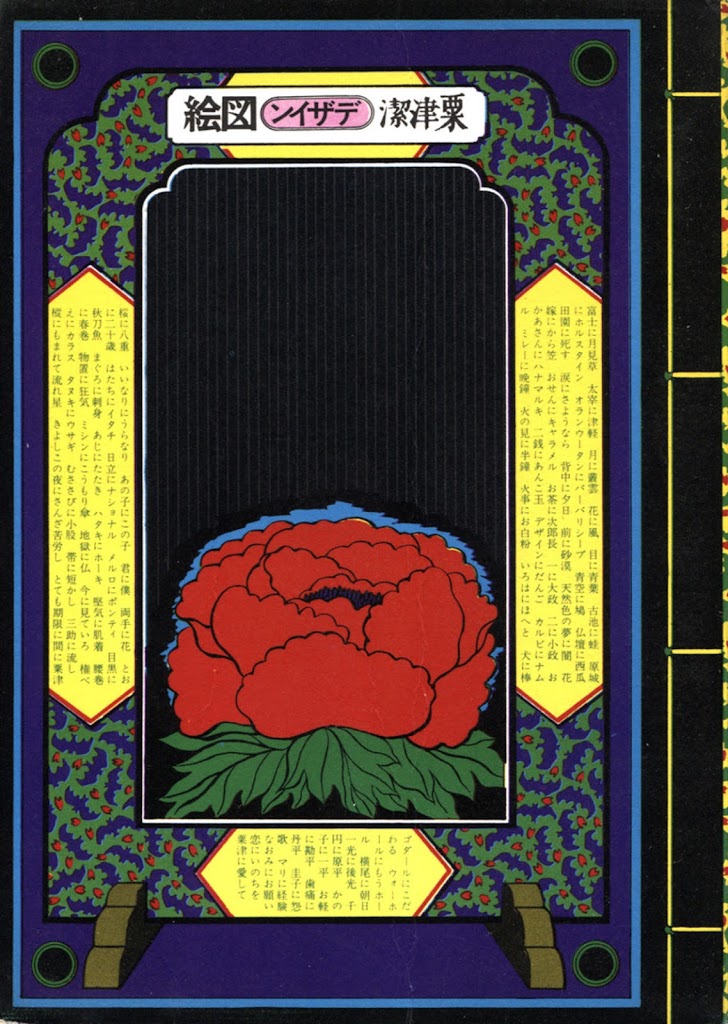
Listen to my newest mix for NTS Radio below. Moody slow-burners, futuristic textures, and a few anachronisms. If you like it, you can download an mp3 version here. Enjoy!
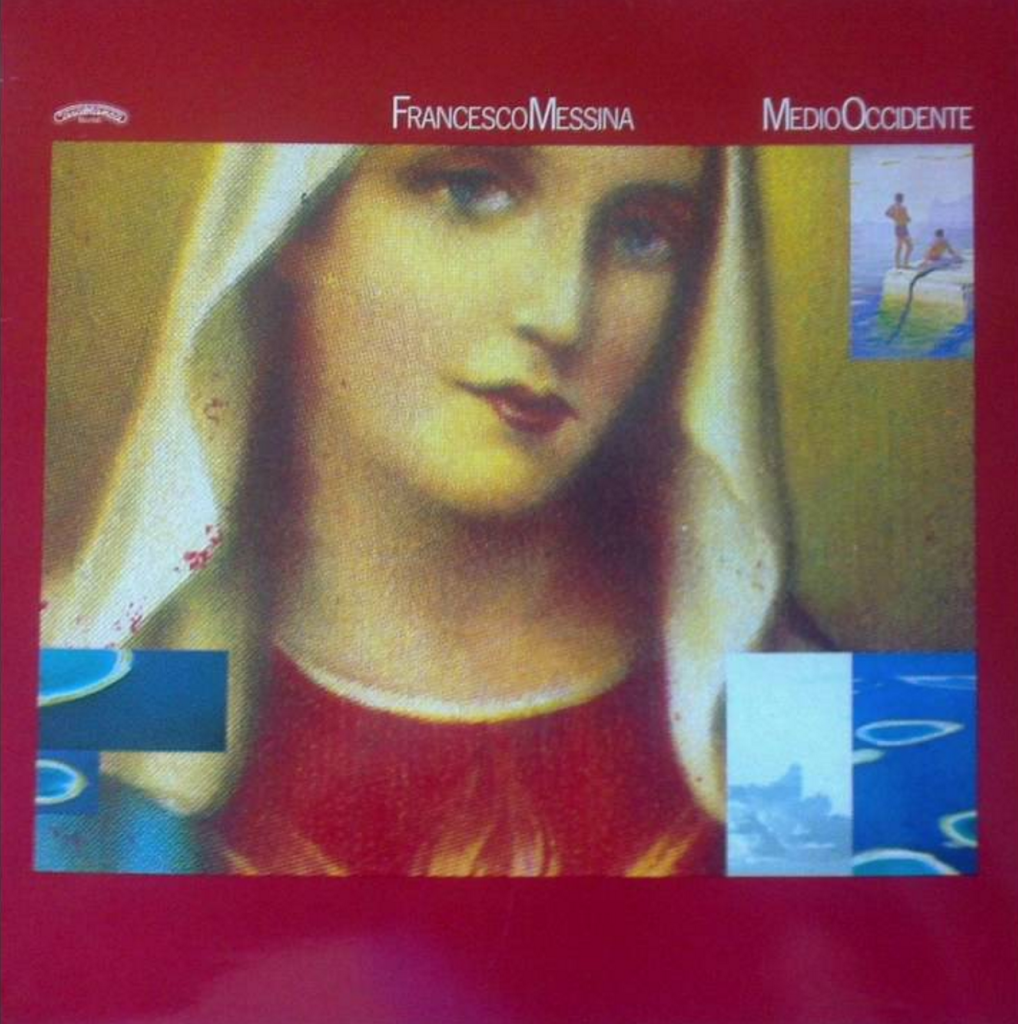

A bit out of character (guitars!), but I’ve been thinking about Portland a lot this week, and Cleaners From Venus reminds me of biking around leafy Oregon residential areas in the spring. By 1987 the band had effectively became a vessel for Martin Newell’s oddball pop ethos, one which was fraught with contradictions. Sharp, smart, often really pretty pop songs recorded in ragged-edged irreverence; serious musicianship undercut by clownish interlude samples; distant, aching vocals suggesting alienation, followed by frenetic, jangling optimism–all this marked by Newell’s signature relentlessness. His enormous catalog and the consistency of his output in spite of having been largely ignored by the music industry until much later in his career suggest an incredible commitment to a sensibility that, in spite of drawing so heavily on nostalgic references, was still far ahead of its time. This is one of my favorite of his, and it hasn’t been printed since 2003. Enjoy!
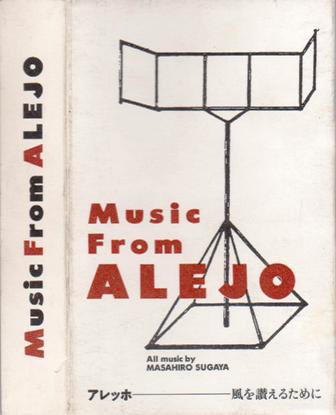
Really sparse and beautiful ambient minimalism made to score the dance theatre piece Alejo performed by the Pappa Tarahumara dance company (which is still active today, and apparently once performed at Reed College). Ebbs and flows of activity, with busier synthetic tracks like “Straight Line Floating In The Sky” and “Mistral,” gauzy pastoral moments suggestive of Hiroshi Yoshimura’s Green (“Theme of Alejo”), and piano meandering that reminds me of Toshifumi Hinata’s jazzier piano moments–but all done a little bit more roughly, this being a self-released cassette. Prismatic and ringing. Perfect picnic soundtrack.
(download link removed as reissue is forthcoming!)